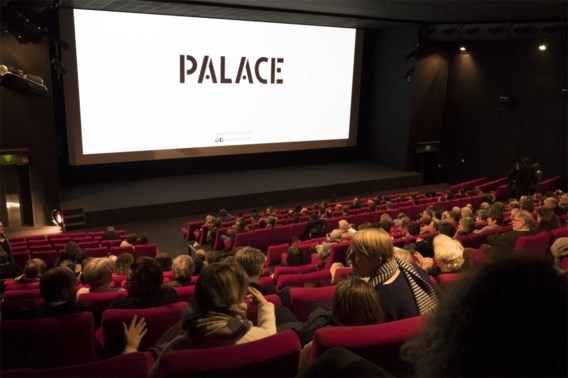The cultural sector in the capital has reacted with shock to the new measures announced yesterday by Brussels region’s minister-president Rudi Vervoort (PS).
Among the measures intended to slow or stop the growth of the number of new Covid-19 infections was a total lockdown of the sector from Monday. That affects museums, galleries, theatres and cinemas, and will last in the first instance until 19 November.
“Outrageous,” Peter De Caluwe, director of the Monnaie opera house, described the decision. “This has been decided without any consultation, by a level that is not even competent for us.”
De Caluwe was referring to the fact that the decision was taken by the Brussels regional government meeting in crisis committee with the 19 mayors of Brussels communes. Matters of culture, however, are the domain of the language communities. The Monnaie, Bozar and the Belgian National Orchestra are federal institutions.
Last week the opera house premiered a new production of Die Tote Stadt. The consultative committee of federal and regional governments on Friday announced an audience limit of 200. The Brussels region came along and closed the doors regardless.
The Monnaie stressed, meanwhile, that tonight’s performance will go ahead with an audience of 200.
De Caluwe pulled no punches. The decision is, he said, “a scandalous manifestation of total incompetence, the overreaction of a policy level that has itself done nothing or far too little for months, and is partly responsible for the situation in which we find ourselves. This decision is a sham. So of course I criticize the total lack of vision and lack of crisis management.”
For the director of the Cinema Palace, Eric Franssen, the news came as a “cold shower”.
“We rushed to implement the new protocols announced on Friday,” he said.
“Today Brussels announced that we have to close on Monday.”
His reaction, he said, lies somewhere between amazement and confusion. The new federal measures themselves were very restrictive, but they still allowed managers to maintain 30% capacity.
“We could live with that number and guarantee the safety of the audience,” he said.
Speaking immediately after the announcement of the measures by Vervoort, Cathy Min Jung, director of Le Rideau theatre in Brussels, expressed dismay and incomprehension.
“The health situation is serious. And the cultural sector is aware of that,” she said, visibly upset, on RTBF news.
“There is a total lack of consistency in the implementation of different measures at Walloon, Brussels and federal level. We are only closing down cultural venues in Brussels and not in Wallonia? Honestly, I have a feeling of deep anger at these measures, at the difference in measures in cities a few kilometres from each other.”
The directors of other Brussels institutions reacted more in sorrow than in anger.
Tom Bonte, director of the Ancienne Belgique: “There is a lot of understanding of a closure given the rising figures.” But he was critical of the way the rules were changed.
“It all came in two stages. We were told something different on Thursday from what we were told today.”
According to Michael De Cock, director of the Royal Flemish Theatre (KVS) posting on Twitter, the decision was “dramatic, but not as dramatic as what is happening in our hospitals”.
Alan Hope
The Brussels Times

